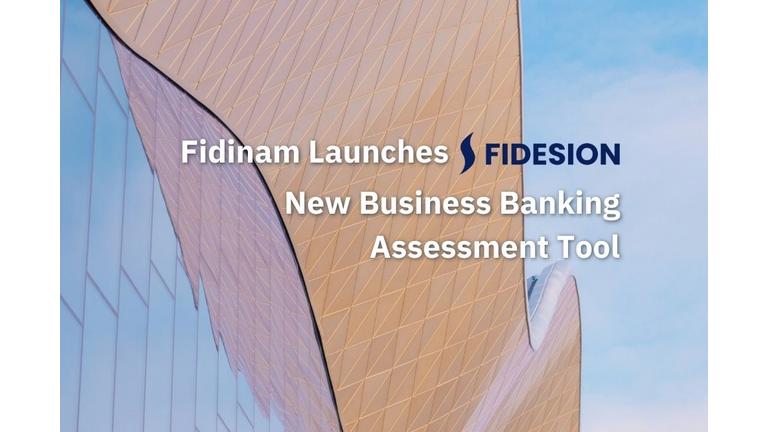Analyses & Studies • Sectors & markets • Foresight • Publications
HongKongEcho: Crypto comes of age

Cryptocurrency has never seen better days. Banks, hedge funds, everyday investors. They all want a piece. Pascal Gauthier and his Paris-based startup Ledger are on their way to the new frontier – Asia.
Bitcoin. If you haven’t bought any yourself, by now you probably know somebody who has. You might even know someone who bought early and who’s now lounging away their life on a secluded private island in the Bahamas.
The rest of us are left scratching our heads (read our explainer if this sounds like you) as to what cryptocurrency even is. The reality is the world is starting to catch on.
“There’s been a huge shift in sentiment regarding cryptocurrency, and it’s happened only in the past six months,” says Pascal Gauthier, President of world-leading French cryptocurrency security startup Ledger. “Where cryptocurrency was considered ‘toxic’ by banks and financial institutions only six months ago, now everyone wants in.”
More than the blockchain
Hong Kong’s interest however has been largely limited to the other big ‘B’ of finance – blockchain.
“Given our global experience I’d say that Hong Kong is still a little behind in the cryptocurrency world,” says Pascal. The US and Europe are both still well ahead regarding talent, sentiment and companies specialised in cryptocurrency, he explains.
“Hong Kong cannot afford to stay behind for too long, especially if its regional rivals start making the right investments. But Hong Kong being the competitive city that it is, I’m confident sentiment will change fast.”
It wasn’t that long ago, in 2014, that one of the world’s first bitcoin ATMs was installed in Hong Kong on Bonham Road. Although it’s now gone, three of the ATMs still exist in the city in Central, Tseun Wan and Mong Kok.
While this may be a nice gimmick – the Central ATM is housed alongside a parody image of The Last Supper, a sword and a medieval helmet – cryptocurrency in Asia is nonetheless a new frontier.
The Nikkei Asian Review estimates 70% of the world’s bitcoin ‘mining’ (the process where bitcoins are created by computers solving mathematical equations as part of securing the blockchain) occurs in mainland China.
The next piece of the crypto puzzle
It’s why Pascal and Ledger are setting up operations in Hong Kong to better serve the Asian market.
At only a few hours flight from other important markets like South Korea and Japan, the city’s location is ideal. “Hong Kong is both a regional hub and one of the biggest financial capitals in the world. In particular this is crucial for the enterprise product we offer. It’s a natural fit for us.”
China’s decision to ban bitcoin exchanges hasn’t swayed his optimism. Likewise, it’s important to clarify that this doesn’t mean the virtual currency is banned in the country. You can still own bitcoin in China – as many millions do – and trade from peer-to-peer on specific platforms.
“As more and more institutional money pours into cryptocurrency, security needs to be paramount."
Such regulatory friction is part of a global pattern, Pascal explains. “All governments realise that they need to stay competitive for the future, so everyone is afraid. What I’m seeing is that there’s a consensus that good can come out of crypto. We just need to work towards the right regulations.”
This sentiment is shared by the likes of the International Monetary Fund, whose Managing Director Christine Lagarde remarked in April 2018 that “policymakers should keep an open mind and work towards an even-handed regulatory framework [for cryptocurrency] that minimises risks while allowing the creative process to bear fruit”.
Asia is still finding the right balance. South Korea has taken steps to legally recognise crypto assets, but has been equally rocked by major hacks of online cryptocurrency exchanges. Japan – who likewise has been largely supportive of the new asset class – has had similar woes.
Herein lies the key, according to Pascal. Security – which has largely been an afterthought in the crypto revolution – will be the essential component for turning the substantial noise into a tangible future for cryptocurrencies like bitcoin.
“As more and more institutional money pours into cryptocurrency, security needs to be paramount. Traditional players like banks and hedge funds will demand the highest level of security and bring their best practices to this new area. That’s where the future is.”
The explainer: So. what is a cryptocurrency?
In short: a digital asset which doesn’t exist in physical form. Instead of being backed by a traditional bank (like a normal currency), cryptocurrencies are organised through a distributed network known as blockchain. Basically an online ledger that keeps a secure record of all transactions which relies on all users to validate transactions instead of one central authority.
These assets can be bought, sold and traded but they aren’t really ‘stored’ anywhere – instead they’re accessed by a string of numbers (like a PIN code) that is known as a private key.










